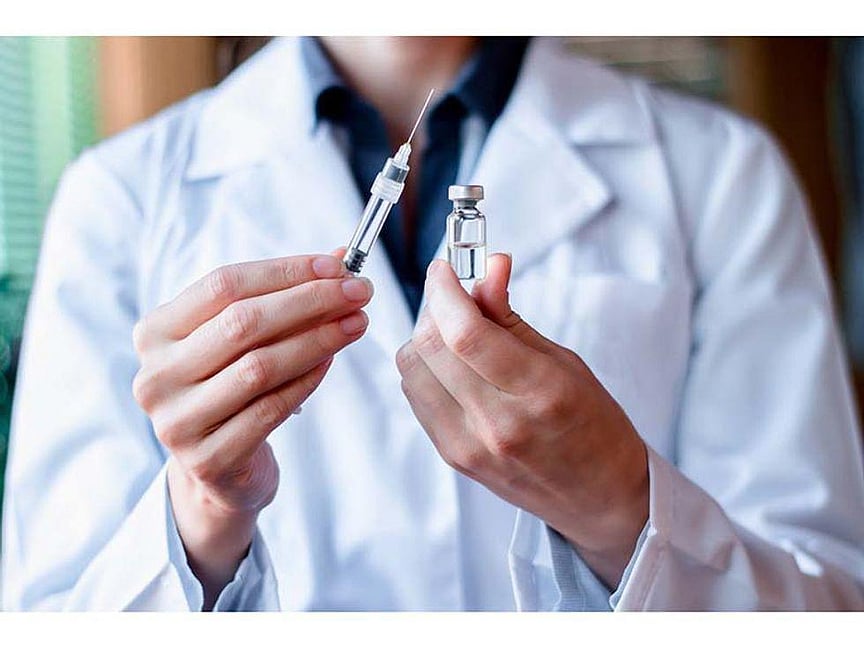More Parents Citing Safety as Reason for HPV Vaccine Hesitancy

TUESDAY, May 23, 2023 (HealthDay News) -- The proportion of parents citing "safety or side effects" as a reason for human papillomavirus (HPV) vaccine hesitancy for their adolescent children increased from 2010 to 2018, according to a study published online May 23 in Pediatrics.
Eric Adjei Boakye, Ph.D., from the Henry Ford Health System in Detroit, and colleagues analyzed data from 119,695 adolescents aged 13 to 17 years from the 2010 to 2020 National Immunization Survey-Teen to examine reasons for HPV vaccination hesitancy.
The researchers found that "not necessary," "safety concerns," "lack of recommendation," "lack of knowledge," and "not sexually active" were the most frequently cited reasons for not intending to vaccinate. From 2010 to 2012, there was a 5.5 percent annual decrease observed in parental HPV vaccine hesitancy, which then remained stable from 2012 through 2020. From 2010 to 2018, there was a significant 15.6 percent annual increase seen in the proportion of parents citing "safety or side effects" as a reason for vaccine hesitancy. Between 2013 and 2020, there were decreases of 6.8, 9.9, and 5.9 percent per year noted in the proportion of parents citing "not recommended," "lack of knowledge," or "child not sexually active," respectively. There were no significant changes seen in the proportion of parents citing "not necessary."
"Strategies to combat safety concerns and improve vaccine confidence are urgently warranted," the authors write. "These findings support local, state, and national efforts to inform parents of the benefits of HPV vaccination for cancer prevention and to develop and disseminate strategies for addressing parental concerns about HPV vaccination."
Abstract/Full Text (subscription or payment may be required)
Related Posts
What You Need to Know About the Infant Formula Recall
WEDNESDAY, March 2, 2022 (HealthDay News) -- If you're a parent using Similac,...
Common Cancer Screenings May Not Extend Life Longevity
TUESDAY, Aug. 29, 2023 (HealthDay News) -- Cancer screening may not actually...
Risk of Hypertension Up With Use of Oral Estrogen-Only Hormone Therapy
THURSDAY, June 8, 2023 (HealthDay News) -- For postmenopausal women using...
AHA News: 5 maneras de apoyar, ayudar y recordar a las mamás el Día de las Madres
MARTES, 3 de mayo de 2022 (American Heart Association News) -- Las mamás se...
